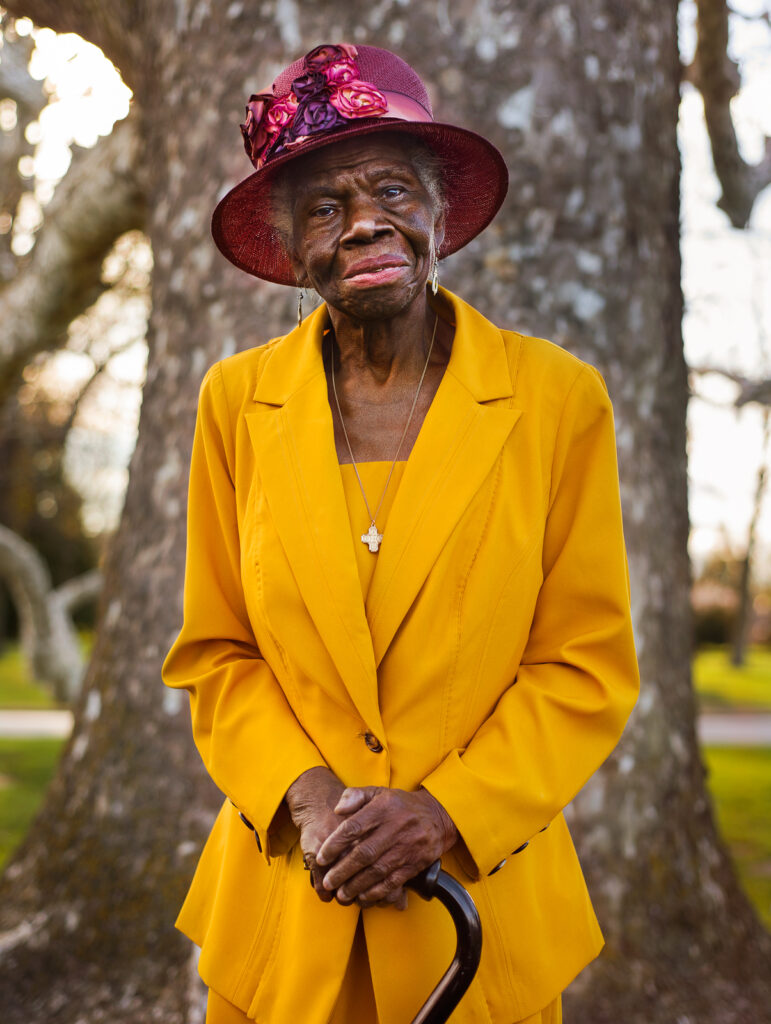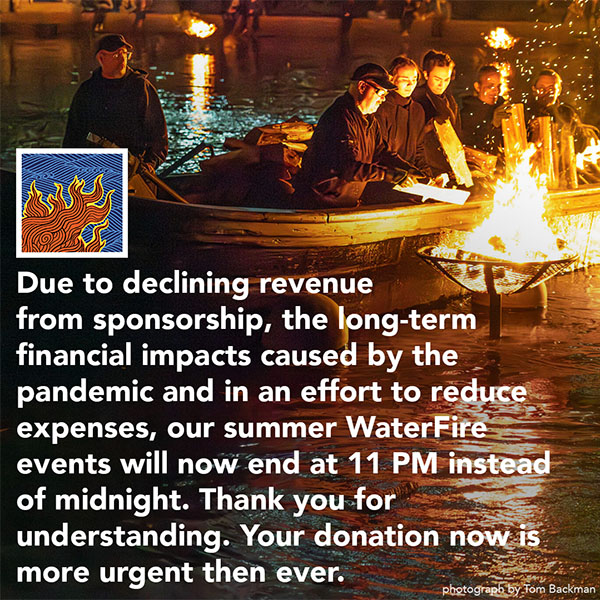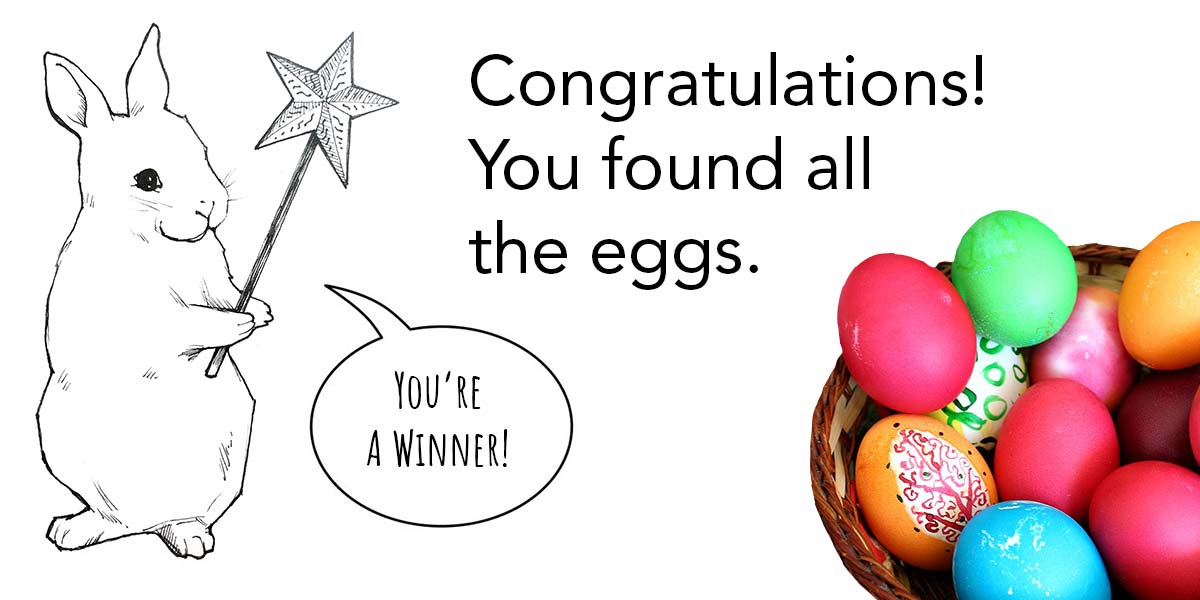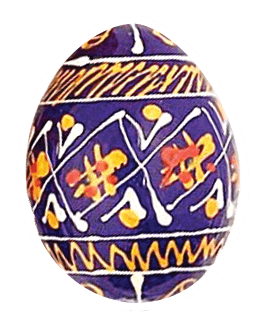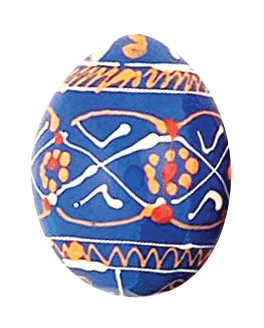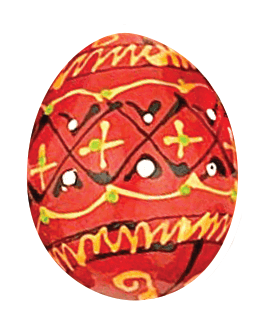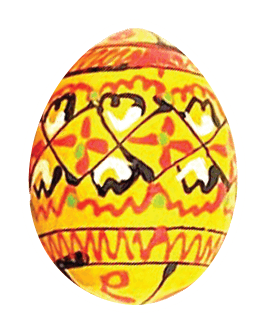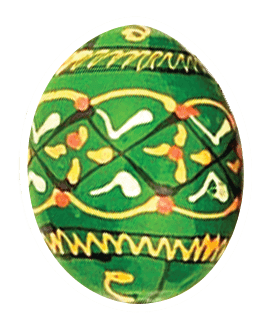I’m sitting in my car in Washington Park, in front of a big white house with red trim, and I can’t believe what I see: Annye is walking onto the porch and down the steps, decked out in a sun-yellow suit and plum-colored hat. After weeks of introductions and phone calls and being cajoled, she has finally submitted to my making her portrait. I’m excited but also a little worried that I won’t do her justice.
She was first introduced to me as Sister Annye, at the Bethel A.M.E. (African Methodist Episcopal) Church, on Rochambeau Avenue, just down the street from my house. I’d lived there for twelve years, often passing the tiny brick structure with its glossy red door, but had never entered. So one winter morning, I decided to go there and introduce myself to the pastor. I told him I was making portraits of Providence people and that I was interested in his congregation. He invited me to a service, and told me that I had to meet Annye.
When Annye and I were introduced she was polite, but when she heard about my wanting to make photographs she said, “No, no, no!” She didn’t want to be singled out, didn’t want any “glory”; but she did give me her phone number, saying that I could call her. Nighttime was best, she said. During the day she was “always running,” doing errands for the elderly, visiting the sick. But at night she stayed home reading – the Bible and African-American history. Sometimes, she said, she’d get so engrossed in her reading that the sun would come up before she turned out her light.
Many weeks and many conversations followed. I learned that in 1959 Annye had come to Providence from Montgomery, Alabama. She’d answered an advertisement in the newspaper, placed by an East Side widower who was looking for a live-in caretaker for his three children. She met other domestic workers in Rhode Island, many of them also Southern Black women – some of whom had college degrees but found that they could make more money here, taking care of white people’s children, than they could in their professions in the South.
I learned that Annye had had eight children, that all had been well educated – “Thanks be to God” – and that one had even had an audience with the pope. But there were many questions Annye refused to answer. She wouldn’t tell me her age, and was stony silent when I asked about the father of her children. “No, no, no,” she said. “That’s a sore subject.” But she finally agreed to a photograph.
So on this spring evening she gets into my car and I suggest that we go to Roger Williams Park. She agrees, saying she remembers many evenings there, with her children in pajamas, enjoying a dinner under the trees, on a broad blanket spread with chicken, potato salad, chocolate cake, and punch.
We get out in front of a beautiful old tree – “This tree is older than the both of us” – and as I work Annye is patient with me in ways I’m grateful for.
When we are finished and back in the car, she hands me something that she says she’s written and would like me to quote. Here’s an excerpt:
Is a fanatic when it comes to Serving God, about Obtaining a Religious Education, Scholastic Education, Black History Education . . . . Service to your Fellow Man, Especially the Elderly, and Teaching and Training our young people to Utilize their God-Given Gifts and Talents.
Not to Expect Anything In Return but God’s Grace, Mercy, and Blessings.
When it’s all over remember whatever you have done for the last one you have also done it unto God.
May the Work I have done speak for me. “
Annye R. P.
Community Missionary
